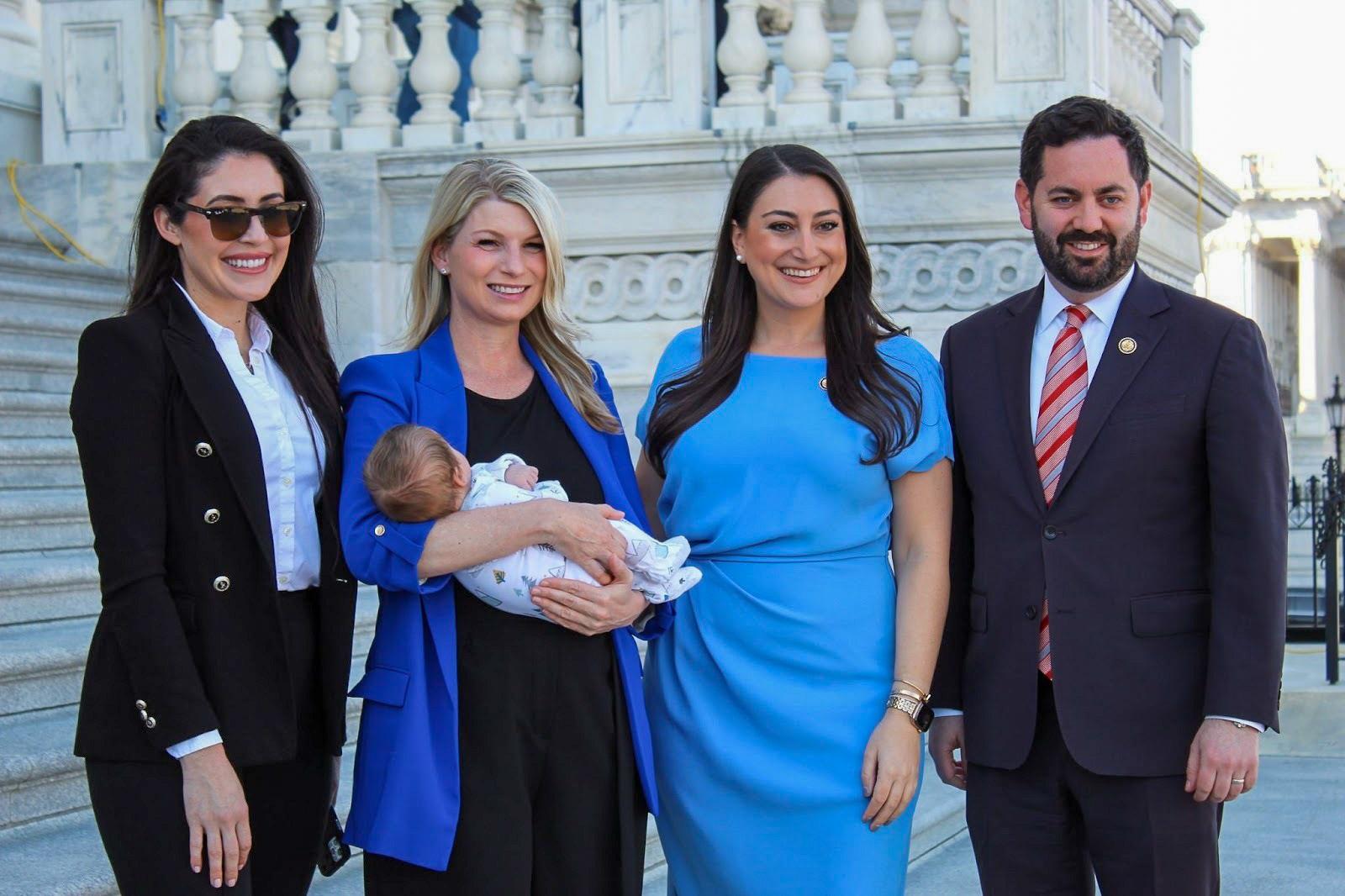
Statistics show that Colorado has one of the highest suicide rates in the country, and Pueblo County has above average rates in the state. For one suicide prevention clinic in Pueblo that unexpectedly closed its doors at the end of 2015, economic, technological, and other challenges became insurmountable, leaving some to question the impacts of the closure.
In mid-November of 2015, Janet Karnes started getting calls from Pueblo and Rye, Colorado inquiring about suicide prevention services. Karnes is the director of the Pikes Peak Suicide Prevention Center in Colorado Springs.
"If they were outside of Pueblo or close to Pueblo, we were like, 'Oh you should be calling the Pueblo hotline. Let's find out what they have going on as far as services, counseling groups,' things like that,'" she says.
Karnes is referring to the hotline at the Pueblo Suicide Prevention Center. But, over the course of the next two weeks, she began hearing that no one was picking up at the Pueblo center. "So that's when we started looking into it," Karnes says.
It turns out that the center had closed. Karnes says she hadn't heard anything about it.
It wasn't until December that a message appeared on the Pueblo Suicide Prevention Center's website, Karnes says. It read, "Due to many challenges and economic difficulties over the past several years, we have found it necessary to cease operations at the end of 2015." The website is no longer up.
The Colorado Department of Public Health and Environment has contributed hundreds of thousands of dollars in funding to the Pueblo Suicide Prevention Center since 2002. An official there says he learned "through the grapevine" that the center had closed, and didn't receive any official notice until mid-January.
The Pueblo Suicide Prevention Center
Eleanor Hamm knows well the impact suicide can have on a community. She was director of the Pueblo Suicide Prevention Center for forty years before she retired in 2014.
Hamm says the Pueblo center was the first of its kind in the state when it was founded in the 1970s. It primarily ran a suicide hotline, but also offered grief-counseling and mental health trainings. "We probably were reaching about 12-15 thousand people a year," says Hamm.
In the last few years of the center, funding from the state and other sources started to wane. "People are not excited about funding suicide [prevention]," says Hamm. "It's kind of a downer." Hamm retired one year before the center closed. The director at the time of its closing, Kristie Dorwart, did not respond to requests for a personal interview.
With a dwindling budget, the center found it hard to keep up with the cost of technology, according to former board member Heather Adams. "If we were an agency about five times our size it probably wouldn't have been a problem," says Adams.
The high costs coupled with funding cuts threatened to overwhelm the center. "And then of course," Adams says, "the nail in the coffin was the change with the way the governor was doing the new suicide prevention initiative in the state."
The Statewide Initiative
According to Adams, in the summer of 2014, the center experienced a series of funding cuts. In August of the same year, Governor John Hickenlooper launched a statewide mental health initiative, partially in response to the 2011 Aurora theater shootings.
Following a competitive application process, the state contracted with the existing Denver metro hotline to take calls for the new statewide crisis response system. According to Adams, the Pueblo center did not apply for that grant because it offered too little funding for what it required.
Former director Eleanor Hamm says although the center experienced serious funding cuts from multiple sources, she also sees a relationship between the governor's initiative and the closure of the Pueblo center.

"It seems the government is making a shift," Hamm says. "And the shift is that they want comprehensive state crisis intervention, under a comprehensive mental health format. Now we're not there, but that's where they're going, and so our smaller program, although I thought significant, doesn't fit within that paradigm."
Karnes used to run a hotline from her center, but ultimately decided to forward their calls to the central line. Now, her center focuses on support groups for attempters, grievers, and friends and families. One of the advantages of the general crisis line, she says, is that there is less stigma associated with it than with a hotline specifically for suicide prevention.
"They deal with all kinds of crises," she says. "So it's not just a suicide hotline, it could be domestic violence, child abuse, alcoholism, drug addiction. It could be anything. So someone might call to talk about their drug addiction, but as you talk to them, you find out that they are thinking of suicide."
The governor's initiative sets aside $25 million of the state budget for the program, which includes the Colorado Crisis Line. The hotline is available 24/7 and is staffed by paid mental health responders. Each councilor answering phones is a Masters'-level therapist with additional training. The director of the hotline, Bev Marquez, estimates that they reach about 600 people every day.
The governor has also committed to funding eight crisis stabilization units across the state, including one in Pueblo. Among other things, these facilities offer an alternative to the emergency room, which can be a high-stress environment with long waits for people experiencing behavioral health crises.
"I have to think... that we absolutely, caller by caller, are going to make a difference." - Bev Marquez, Director, Colorado Crisis Line
"I think it's going to take years for us to be sure what impact this new crisis system is having on the suicide rate in Colorado," says Marquez. "But I have to think, as a clinician, and knowledgeable about the calls and what we do about those calls every day, that we absolutely, caller by caller, are going to make a difference."
Karnes says she thinks Pueblo will be more impacted by the loss of services like support groups and suicide prevention trainings than by the loss of the hotline. But Adams, the former board president, says she's confident that another agency in the area, one of the state's stabilization units, will be able to fill the gap.
While it was difficult to see the Pueblo center close, Eleanor Hamm, former director, says she is still hopeful.
"We still can do this if the governor will follow through on his mission," says Hamm. "And if that's the case, and we get lost, but that survives, I can accept that."
If you or a loved one is having thoughts of suicide, call the Colorado Crisis Line at 844-493-TALK (8255) or text TALK to 38255. The Pikes Peak Suicide Prevention Center is also a resource. Information is available at PikesPeakSuicidePrevention.org.







